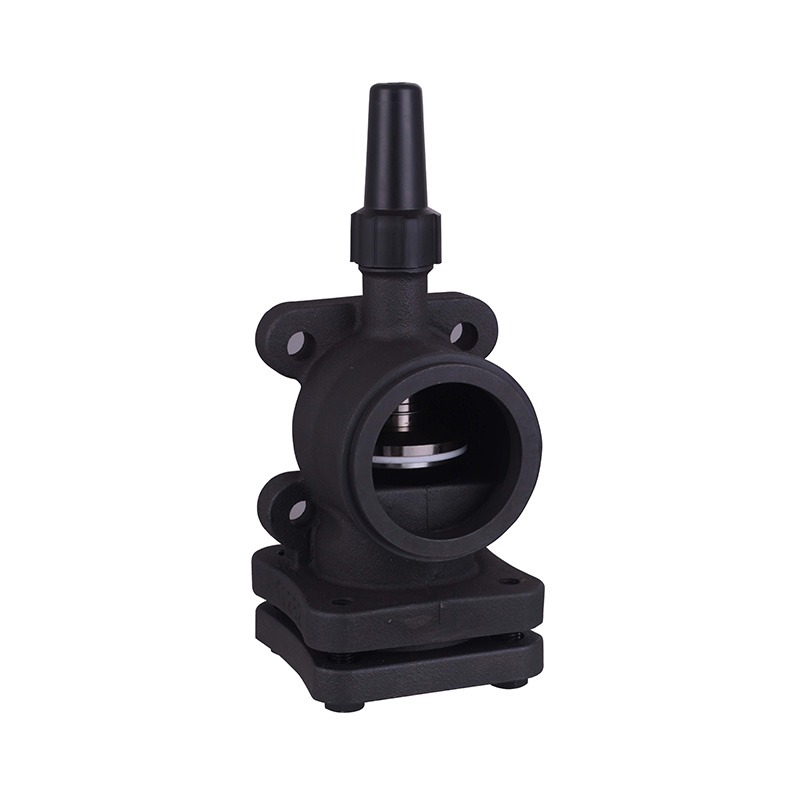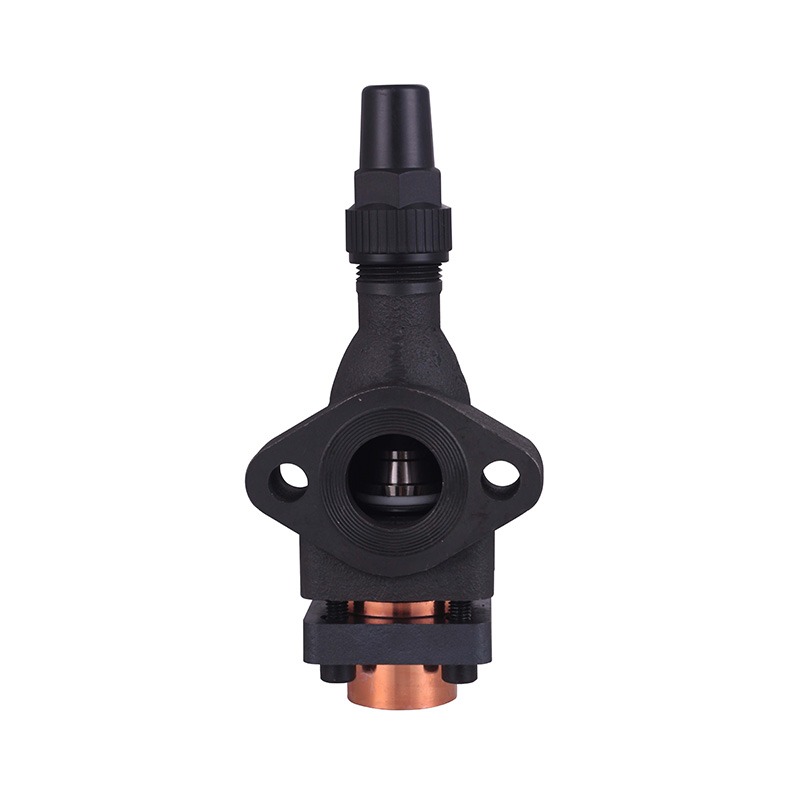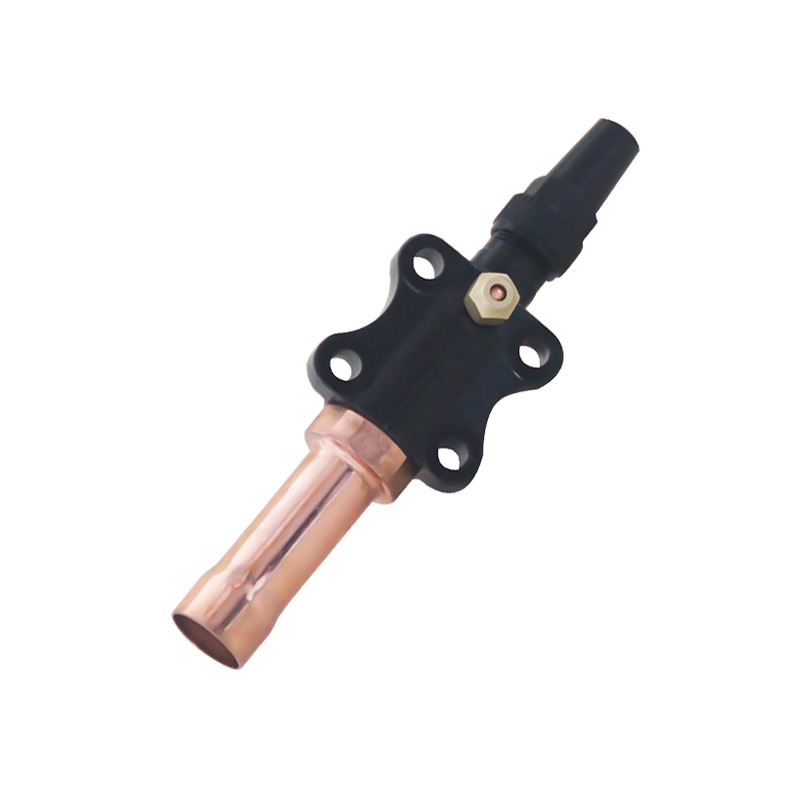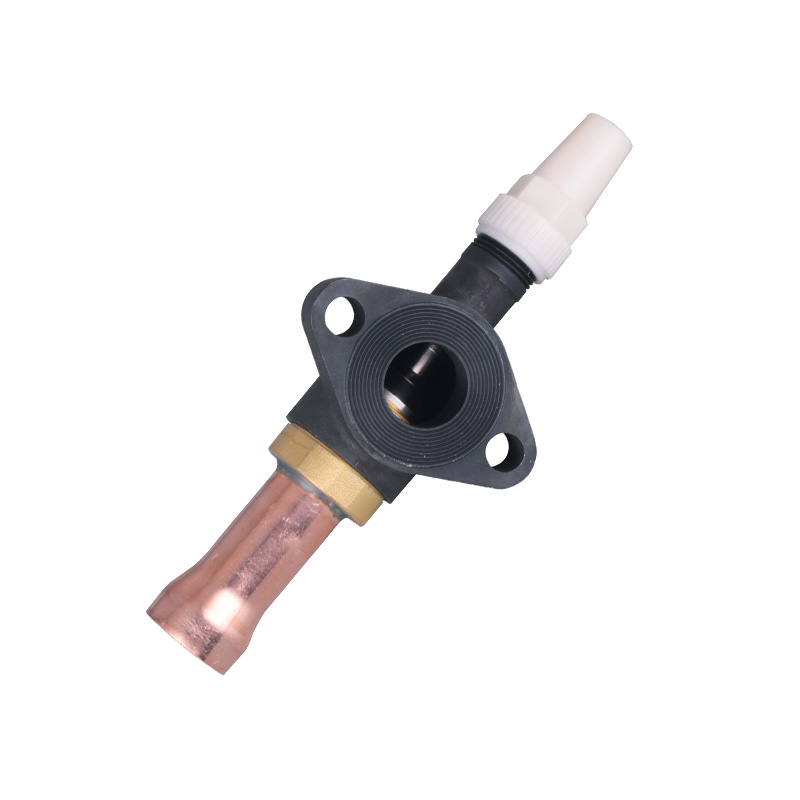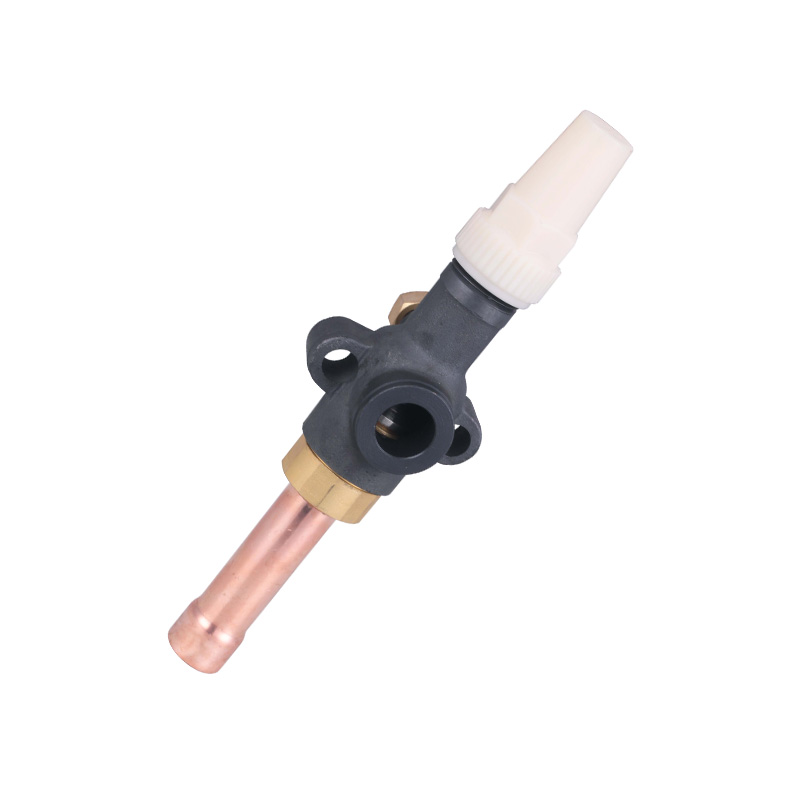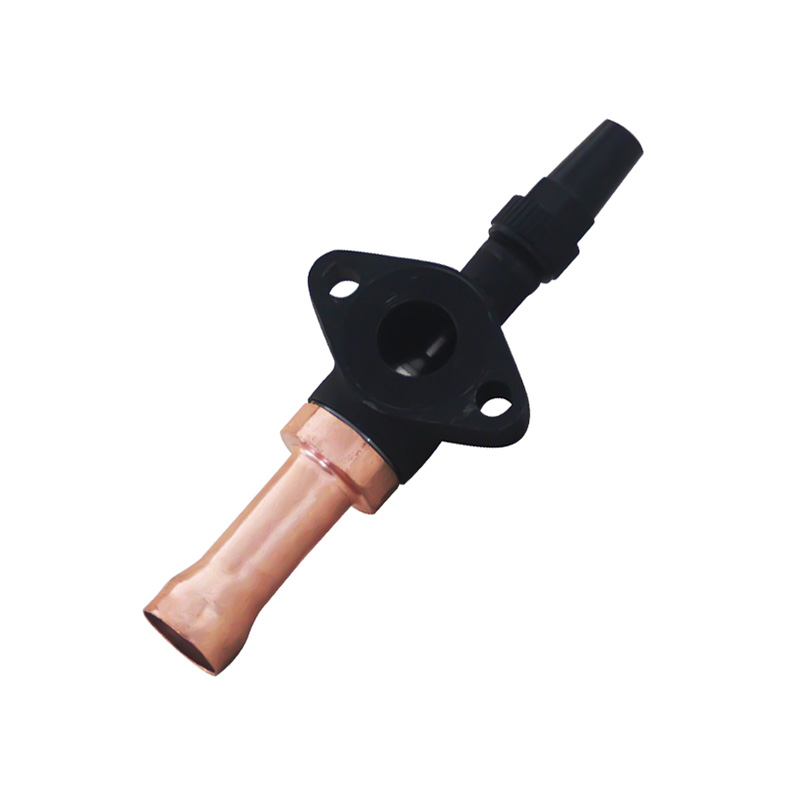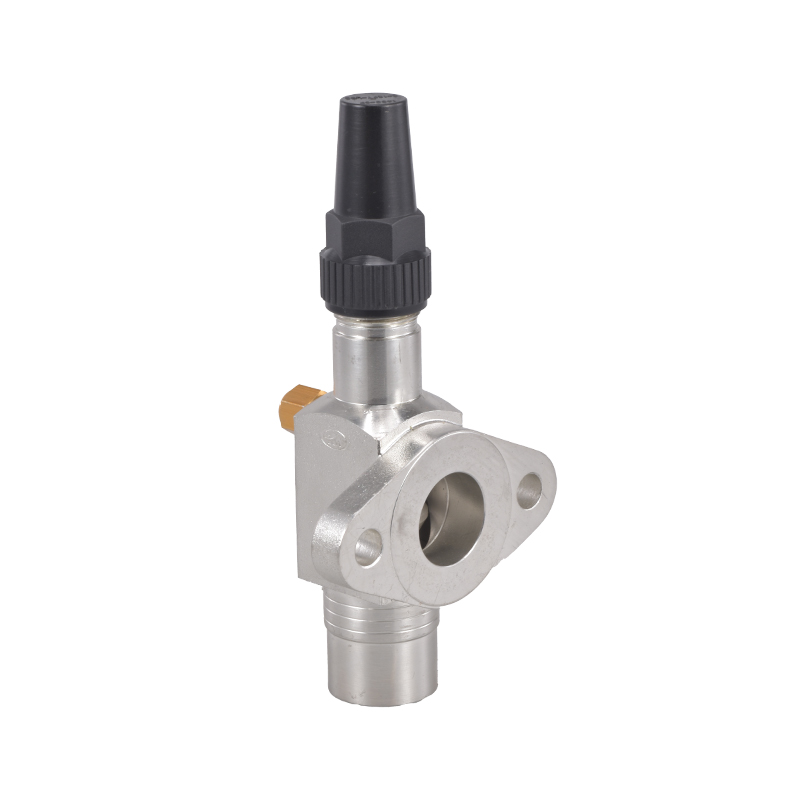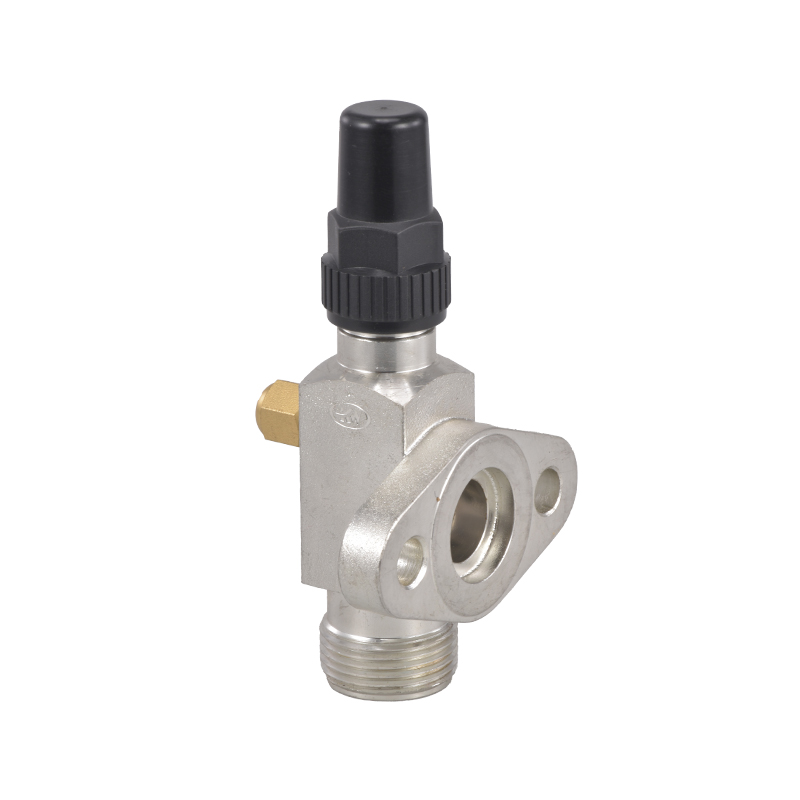Buying Guide: Which Precision Vacuum Pump Fits Your Lab Needs?
 By Admin
By Admin
Whether you're running distillation processes, freeze-drying samples, or operating mass spectrometry equipment, your vacuum pump must offer reliability, control, and adaptability. With so many options on the market, from compact home vacuum pump systems to industrial-grade units, it's important to understand what features matter most to your lab's specific needs.
Understanding Your Lab's Requirements
First, define what tasks your vacuum pump needs to perform. Labs engaged in general chemistry might require only low to medium vacuum levels, while those working in molecular biology or physics may need high-vacuum or even ultra-high-vacuum conditions. A precision vacuum pump is designed to deliver consistent and accurate vacuum levels for sensitive experiments. It offers fine control over vacuum strength, making it ideal for applications like rotary evaporation or vacuum filtration, where even small pressure fluctuations can alter results.
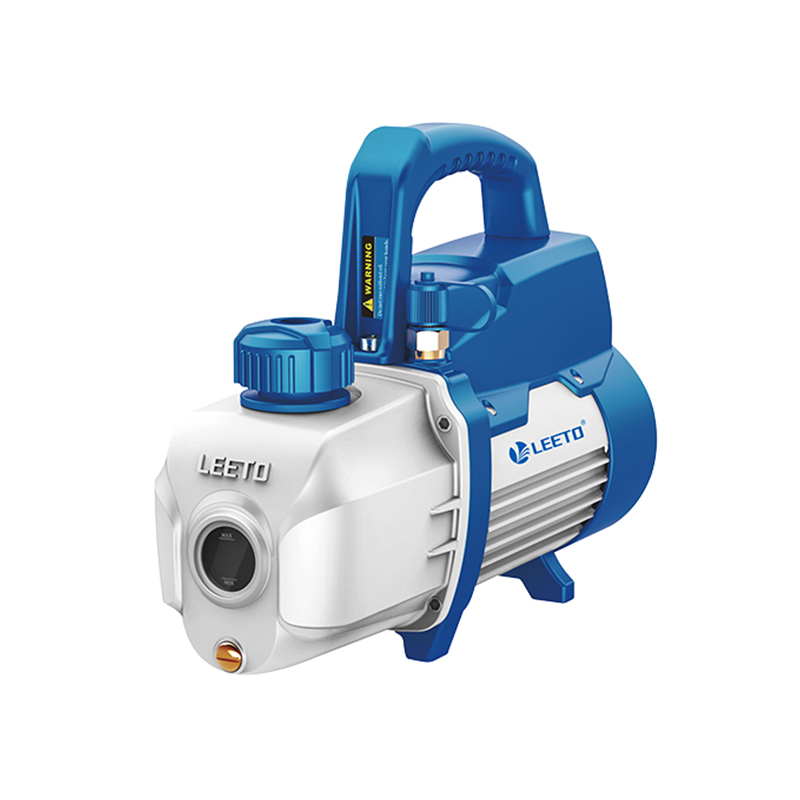
If you're operating a small setup or an at-home lab, a home vacuum pump may be more suitable. These compact units are tailored for portability and energy efficiency while still offering adequate vacuum strength for light tasks. Some home vacuum pump models even feature oil-free mechanisms and noise-reduction technology, making them user-friendly for confined spaces.
Types of Vacuum Pumps to Consider
There are various types of vacuum pumps, including diaphragm pumps, rotary vane pumps, scroll pumps, and turbomolecular pumps. Each serves different purposes. For instance, a precision vacuum pump with a diaphragm mechanism is ideal for solvent recovery and vacuum filtration because it offers chemical resistance and oil-free operation. On the other hand, rotary vane pumps are favored in high-vacuum applications and are known for their durability.
When shopping for a quality vacuum pump, look beyond just the price. Key features such as ultimate vacuum level, flow rate, chemical compatibility, noise level, and maintenance requirements should factor into your decision. A truly quality vacuum pump will also be backed by clear technical documentation and strong manufacturer support.
Portability and Versatility
Many researchers overlook how important portability and versatility are when selecting lab equipment. A lightweight home vacuum pump can easily be moved between workstations, which is a major plus in shared lab spaces. Additionally, some of the latest home vacuum pump designs come with interchangeable adapters and digital control interfaces, expanding their functionality across multiple lab applications.
Meanwhile, a precision vacuum pump will generally offer more sophisticated control panels and programmable settings, enabling users to automate processes and replicate conditions with minimal manual input. This is particularly advantageous in analytical labs where consistency and repeatability are essential.
Long-Term Reliability and Maintenance
Purchasing a vacuum pump is a long-term investment, so reliability should never be compromised. A quality vacuum pump should feature corrosion-resistant materials, low vibration design, and easily replaceable parts. Proper maintenance intervals and clear service instructions also ensure your pump will serve you for years without unexpected breakdowns.
Oil-free designs, which are often seen in both precision vacuum pump and home vacuum pump models, tend to require less maintenance and pose fewer contamination risks. However, if your application demands higher vacuum levels, a rotary vane pump—although oil-based—might still be suitable quality vacuum pump for your needs.
Final Considerations
Before making your purchase, consult with manufacturers or vendors who specialize in scientific equipment. They can help match you with a precision vacuum pump that fits not just your current needs but also any future expansion of your lab's capabilities. Don't be swayed only by aesthetics or marketing; check for certifications, user reviews, and warranty periods to ensure you're getting a truly quality vacuum pump.
Whether you're a hobbyist using a home vacuum pump for simple evaporation tasks, or a researcher in need of a precision vacuum pump for critical experiments, the right choice will streamline your workflow, improve results, and protect your investments in other lab equipment. Make your selection carefully—because in the world of lab operations, the pump is the heartbeat of precision.




 English
English русский
русский Deutsch
Deutsch
